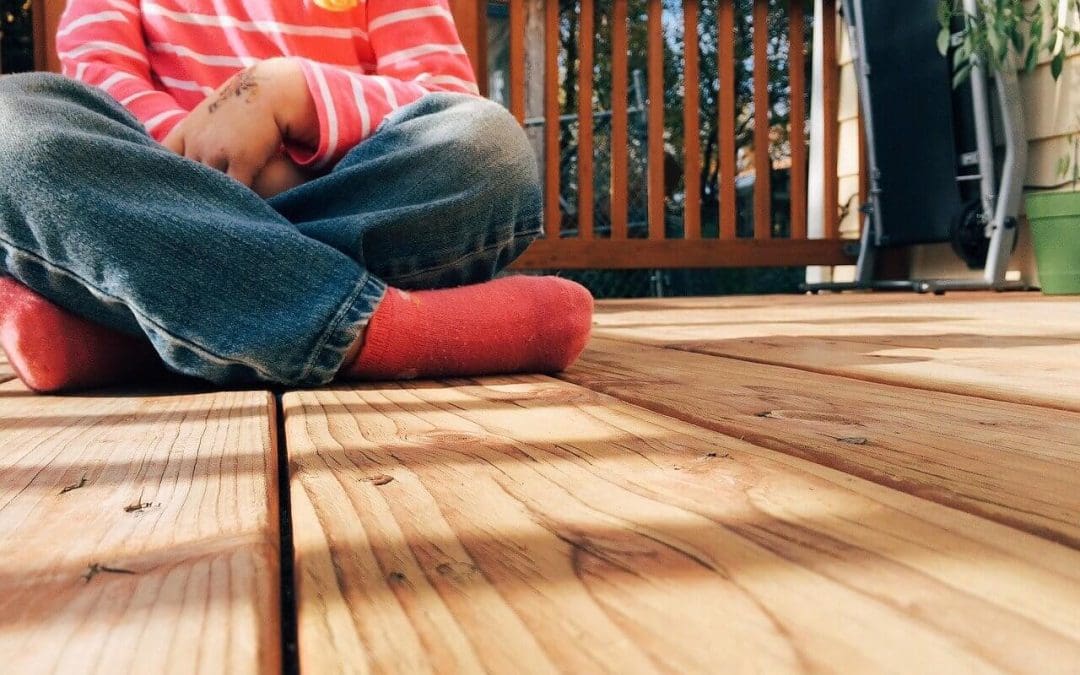Decks provide a perfect setting for relaxation, entertaining guests, or simply soaking up nature. However, it’s crucial not to overlook the importance of deck safety. Neglecting this aspect can lead to accidents and injuries that could have been easily prevented. In this guide, we’ll explore key considerations to ensure your deck is a safe and secure space for everyone.
Regular Inspections: The Foundation of Deck Safety
Just like any other structure, decks require regular inspections to identify potential hazards and address them promptly. Start by examining the structural integrity of the deck. Look for signs of rot, decay, or insect damage in wooden components such as posts, beams, and joists. Pay attention to any noticeable sagging or unevenness, which could indicate underlying issues. Also, check for loose or corroded fasteners, nails, bolts, and screws, as they can compromise the stability of the deck.
Surface Safety: Preventing Slips and Falls
The deck’s surface plays a crucial role in ensuring safety, especially when it comes to preventing slips and falls. Keep the deck clean and free of debris, such as leaves, dirt, or moss, which can make the surface slippery, particularly when wet. Consider applying a slip-resistant coating or installing slip-resistant treads or mats in high-traffic areas. Additionally, inspect the condition of the deck boards and replace any that are warped, splintered, or damaged to prevent tripping hazards.
Railing and Baluster Maintenance
Railing and balusters are essential for deck safety, providing crucial support and preventing falls. Regularly check the integrity of these elements, ensuring they are securely fastened and free of damage. Verify that the railing height meets local building codes to prevent accidental falls, especially for decks elevated above a certain height. Ensure that the spacing between balusters complies with safety standards to prevent small children or pets from getting stuck.
Deck Safety for Stairs and Steps
Stairs and steps are potential areas of concern on a deck, as they are prone to wear and tear over time. Inspect the condition of the stair treads, ensuring they are secure and free of cracks or damage. Verify that handrails are firmly anchored and easy to grasp, providing support and stability when ascending or descending the stairs. Consider installing anti-slip treads or grip tape on stair surfaces to enhance traction and reduce the risk of slipping, especially during inclement weather.
Electrical Safety: Avoiding Hazards
If your deck features electrical components, such as outlets, lighting fixtures, or appliances, it’s essential to prioritize electrical safety. Ensure that all wiring is installed by a qualified electrician and meets applicable building codes. Protect outdoor electrical outlets with weatherproof covers to prevent moisture infiltration. Regularly inspect electrical fixtures for signs of damage or wear and promptly replace any defective components. Exercise caution when using electrical devices on the deck, and avoid overloading circuits to prevent electrical hazards.
Child and Pet Safety Measures
For households with children or pets, additional safety measures are paramount to prevent accidents and injuries. Consider installing safety gates at the top and bottom of stairs to restrict access and prevent falls. Keep furniture, grills, and other potentially hazardous objects away from the railing to prevent climbing. Supervise children and pets on the deck, especially around water features and hot surfaces. Educate family members and guests about deck safety guidelines to promote awareness and prevent accidents.
Deck safety is a crucial aspect of outdoor living that should not be overlooked. Whether hosting gatherings or simply unwinding with loved ones, prioritizing deck safety ensures everyone can enjoy the outdoors with peace of mind. So, as you prepare to embrace the warmer months ahead, take the necessary steps to ensure your deck is safe for all who gather there.
Encompass Home Inspection Service provides professional inspection services in Southern New Jersey and Southeastern Pennsylvania. Contact us to request an appointment.

